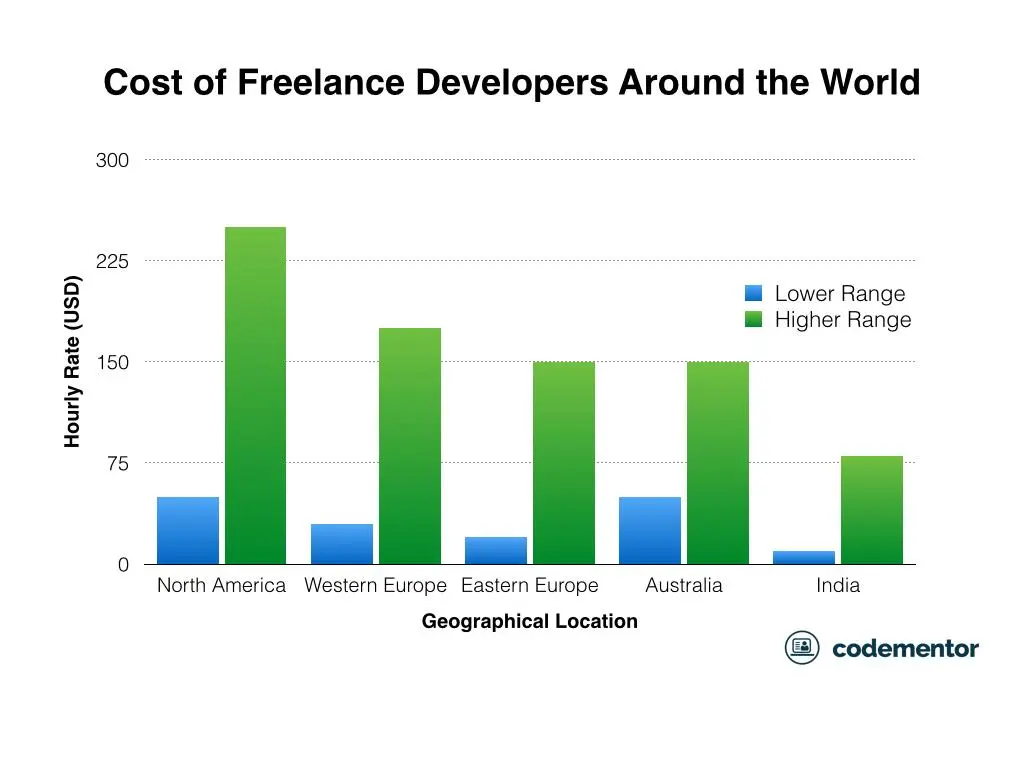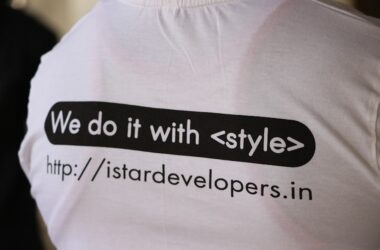In the ever-evolving world of software development, professionals often find themselves at a crossroads: should they pursue freelance coding or opt for a full-time position? This decision can significantly impact one’s career trajectory, lifestyle, and overall job satisfaction. Both paths offer unique advantages and challenges, making it crucial to understand the nuances of each option before making a choice.
Freelance coding offers unparalleled flexibility and autonomy. Freelancers can choose their projects, set their schedules, and even work remotely while traveling. This level of independence allows for a customized work-life balance that many find appealing. However, this flexibility comes with its responsibilities, including self-management, client acquisition, and handling all aspects of running a business.
On the other hand, full-time coding positions provide stability and structure. Employees benefit from a regular salary, comprehensive benefits packages, and a collaborative work environment. Full-time roles often come with opportunities for professional development and career advancement within the company. However, this stability may come at the cost of reduced flexibility regarding work hours and project selection.
Freelance vs. Full-Time Coding
| Aspect | Freelance Coding | Full-Time Coding |
| Flexibility | High | Moderate |
| Job Security | Variable | High |
| Income Potential | Variable (potentially higher) | Stable (with benefits) |
| Work Environment | Independent | Collaborative |
| Professional Development | Self-driven | Company-supported |
When it comes to income potential, both paths offer promising opportunities. Freelance coders with specialized skills and a strong reputation can command high hourly rates, potentially earning more than their full-time counterparts. However, this comes with the challenge of inconsistent payment schedules and the absence of traditional employment benefits. Full-time positions, while offering more stable incomes, also provide valuable perks such as health insurance, paid vacation time, and retirement plans.

Ultimately, the decision between freelance and full-time coding depends on individual preferences and priorities. Those who value autonomy, variety in projects, and the potential for higher earnings might lean towards freelancing. Conversely, individuals who prioritize job security, structured environments, and comprehensive benefits may find full-time positions more appealing. It’s essential to consider your personal work style, financial goals, and long-term career aspirations when making this important decision.









